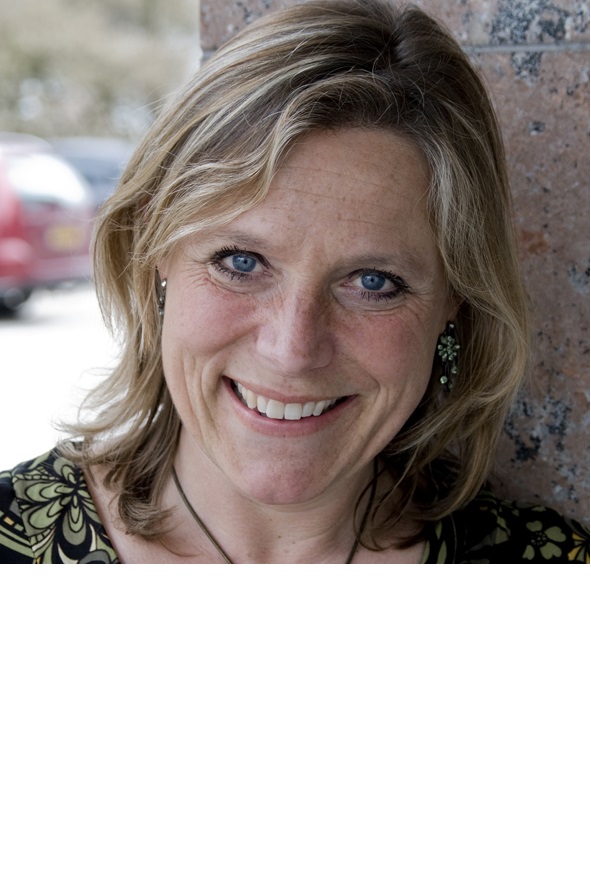Jacquelien her research interests are mainly in the area of protest participation and societal polarization. With a background in social psychology, she combines a social psychological point of view with a sociological approach. Over the last five years―especially together with ‘her’ Ph.D. students―research focused on processes of identity formation in conflicting circumstances (identity formation among Moroccan-Dutch youth; Greek vs. Germans in times of crisis; threatened identities of fundamentalist Muslims vs. right extremists). Important themes in identity formation are politicized identity and (in)tolerance, we examined how the migration-theme politicized Lampedusans over the course of a political campaign, and why intolerance is easier to mobilize than tolerance.
Many projects concern protest mobilization and participation―moderate to radical in democratic and non-democratic environments. For instance, diaspora-protests that respond to events in the country of origin; protest in professions where it is not-done (i.e. the military); protest under severe repression (e.g. Iran, Egypt); and why the one Dutch municipality was welcoming refugees while others where fiercing protesting. As part of international consortiums, we are are involved in two major comparative studies of protest demonstrations. One is the CCC-project (Contextualizing Contestation: Comparing Street Demonstrations), which compares demonstrations in nine different countries with attention for the participants, the organizers and the police. And the second is an ORA project MOBILISE which examines whether similar factors drive the choice to migrate and/or protest.
She takes an interdisciplinary mixed-method approach; from interpretative narrative analyses to quantitative multilevel analyses. Her interdisciplinary background puts her in a unique position to continue to push the theoretical and methodological state-of-the-art within the field of social change and conflict to answer pressing substantive questions in innovative ways.
